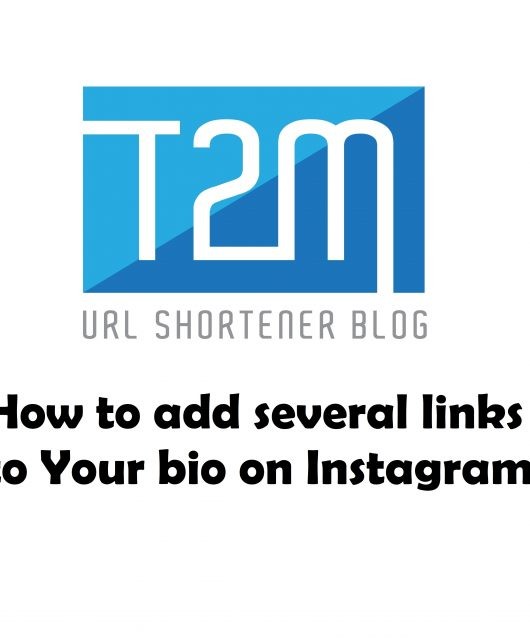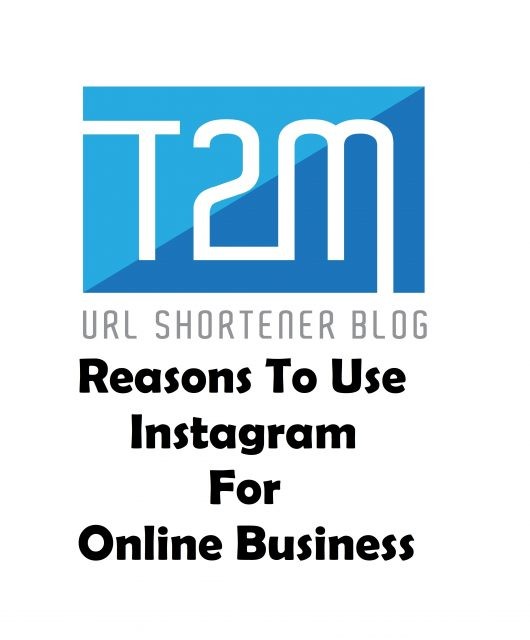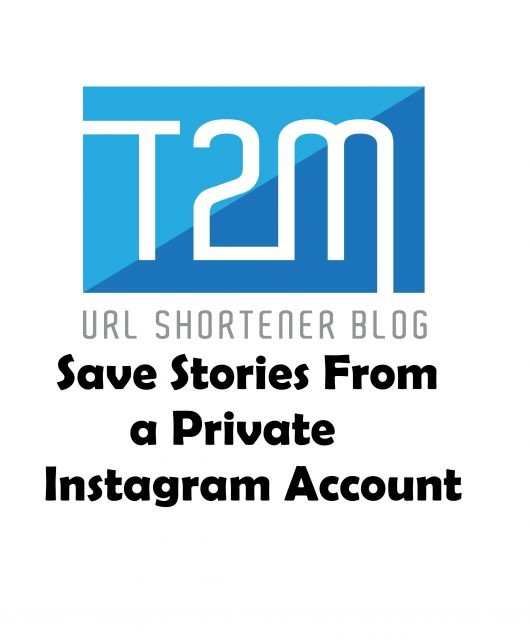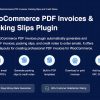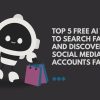Photo by Joshua Hoehne on Unsplash
Facebook has been a presence in our lives for well over a decade now, evolving into one of the key advertising platforms of the digital revolution.
Surely by now though, it’s relevance is waning and digital marketers should look to new avenues? You couldn’t be further from the truth.
Facebook is still a highly effective tool with a mass audience. The first step to using Facebook effectively in 2020 is to have a full understanding of your audience.
Here’s why it’s so important to understand them, and how to do it.
Facebook is still a vital channel
As touched upon earlier, there seems to be a misconception that Facebook is something of a dead social media channel.
While Twitter, Pinterest and particularly Instagram are alluring avenues for marketers in 2020, Facebook is still dominating the social media landscape, with the average user clicking on 11 ads per month. Young people may have moved onto new platforms, but there is still an active audience willing to spend money.
Looking at your Facebook audience as smaller or less powerful than they actually are is a very dangerous marketing strategy. You may be trying to focus on sales through Instagram as your products are more visually oriented, but your Facebook audience would be just as willing to engage with these ads.
Furthermore, Facebook now puts a heavy emphasis on advertising content on its platform. Video content, in particular, will always rank highly in someone’s feed when they log on.
Despite some measures to return Facebook to its friend-based routes, advertising still rules the channel. You need to take Facebook seriously because your audience, and potential audience, on there still does.
It can make your advertising cheaper
One of the best ways to blow your social marketing budget is to approach a campaign with absolutely no idea of what your audience is. This is true of any platform you’re advertising on, but particularly Facebook.
Facebook advertising is built on understanding the preferences, likes, and demographics of your audience. Without properly understanding your audience, you can’t begin to apply the basic fundamentals of how to run and manage a Facebook campaign in a cost-effective way.
Trying to reach the wrong people with your campaigns may lead to some curious click-throughs, but very little in the way of conversions. Without knowing exactly who you’re targeting and being sure at least a section of them will click and be interested in what the ad is offering, you’re simply throwing your budget down the drain.
The key to great social advertising is to make it as cost-effective as possible. This comes from extensive market research through the platform. Without this, you’re essentially doing the online equivalent of slapping up posters in a town you’ve never visited before for an event you’re not sure anyone would attend. One way to make your ads more effective is to use a native ad platform. It can give your ads a natural look, provide great layouts, and align messages organically with content.
Audiences inform future strategies
Much like how understanding your audience and the segmentations of them makes your advertising cheaper, it actually makes it better, helping to inform the quality of your ideation and future strategizing.
Your next advertising campaign should always be based in part on your last one. This doesn’t mean lifting copy or images, but understanding the thought behind the strategy and using the data collated to more efficiently target your ads.
This is all part of understanding your Facebook audience. Don’t just let the audience that interacted with your previous campaigns guide your next strategy though, allow the ones that didn’t to do it too. You should look at the people who didn’t convert.
Delve deeper into your audience base and post organic content to try and understand what they respond to. Doing so can help you look at what you’re advertising from an entirely new perspective.
Facebook audiences communicate
Facebook made its name not as an advertising channel, but as a tool to keep people in touch and help them connect with one another. Despite the dramatic changes to its format, communication is still very much at the heart of Facebook.
Most importantly to you and your brand, Facebook communities will discuss your products and services amongst one another. It’s vital to understand where and how they discuss you, not just to inform your marketing, but to try and insert yourself into these conversations and groups as part of your brand building.
What may look like an inconspicuous group can actually be a great channel within a channel, where likeminded people actively discuss what brands to trust and how they use certain products.
It’s important you understand how and where your audience is communicating at all times, so as to properly inform your marketing and ensure you’re reaching all of your bases. By ignoring your Facebook audience and their preferred methods of communication, you’re cutting out a huge chunk of your reach from your research.
It’s easy to do
If understanding what your Facebook audience wants and enjoys sounds like a chore, it’s really not.
This kind of research its really just about paying more attention to the data your strategy is already gathering. As discussed, you should be using data from previous campaigns and organic content to inform decision making. However, you can always just directly survey your Facebook audience to understand their habits and preferences.
You don’t even need to apply significant time to this process either, just add yourself to groups and pages that discuss topics related to your brand to gain a wider perception of what your audience and potential audience would want to see from campaigns on the platform.
Taking the time to fully understand your Facebook audience is essential for the reasons stated above and many more. It’ll make your bottom line look healthier and help to convince decision-makers that the platform is worth putting more time and investment into. This is still a thriving platform with a lot of offer marketers.
About the Author:
Rodney Laws is an ecommerce platform specialist and online business consultant. He’s worked in the ecommerce industry for nearly two decades, helping brands big and small to achieve their business goals. You can get his advice for free by visiting ecommerceplatforms.io and reading his detailed reviews. For more tips and advice, reach out to Rodney on Twitter @EcomPlatformsio.




